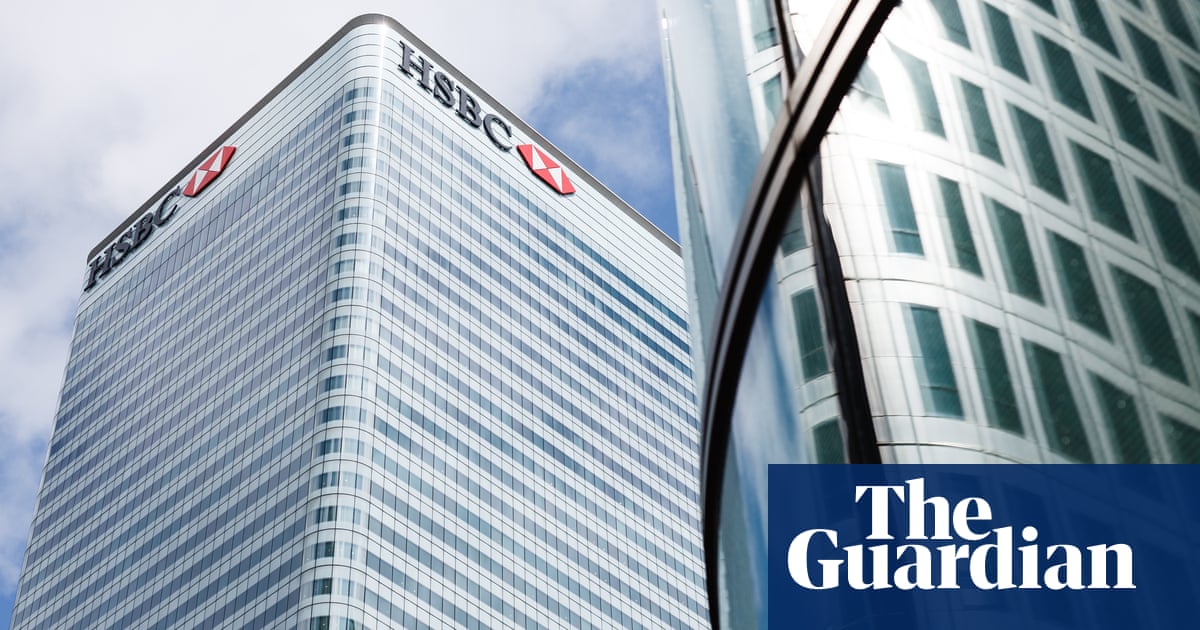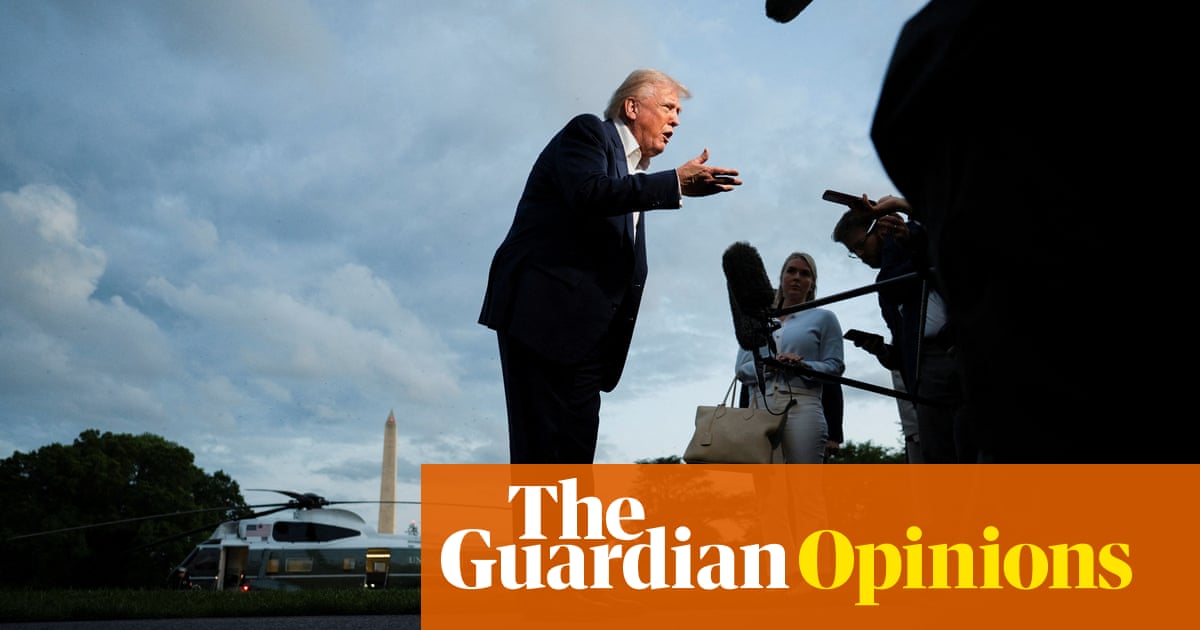The US is urging countries to agree new trade deals. The perceived risk is a bipolar world, where countries have to choose between the US and China. What are the implications for the UK?
In all likelihood this choice is avoidable. The global economy is so interconnected, fragmentation is more likely than a bipolar world.
Supply chains are complex, and involve many countries. Even as nations look to onshore supply chains, achieving this will be a lengthy and expensive challenge.
Likewise, with financial flows. Bank for International Settlements data shows global cross-border lending is $38tn (£29tn), with foreign banks’ credit to China at $826bn. In turn, about one-quarter of the US national debt is held by foreigners, with China holding at least $784bn, second only to Japan.
It is not just economic and financial ties. Geopolitics suggests many countries will adopt a non-aligned approach, which will vary by issue.
It is a delicate balancing act for the UK. The government’s priority is economic growth, but since the pandemic and war in Ukraine, national security decisions are indivisible from economic prosperity.
It is not feasible for the UK to decouple from China given it is the world’s second largest economy. Western Europe will remain the world’s slow growth region for the foreseeable future, while the Indo-Pacific will be the fastest.
The government’s approach to China is to cooperate, compete and challenge. The unsaid “c” is consistency, which would provide clarity for business. Just as critics of deeper ties have to acknowledge the upside economic potential, there is a need to be cognisant of national security concerns.
This might entail a clear red line in the future relationship. This would allow companies to plan ahead and reflects the challenge of calibrating the tension between economic and security issues.
On one side of this line should be sensitive areas where the UK aligns with the US, such as defence, security and intelligence, plus other strategic areas. The other side of the red line should be areas to be encouraged such as trade, the vast bulk of business and finance. There should be opportunities to sell far more UK services in to China’s growing consumer market. China is Britain’s fifth largest trading partner, but its cumulative foreign direct investment into the UK is low, being just 0.2% of the total stock from all countries.
One area where greater cooperation is possible is in financial services, including the green agenda. In January, China hosted the 11th UK-China Economic and Financial Dialogue. It was deemed a success. The City was looking for greater financial connectivity between the two countries, across a range of areas such as dual listings, and greater access of UK-based asset managers and insurance firms into the Chinese market.
after newsletter promotion
On the same day that Donald Trump announced his tariff policy, China issued in London its first offshore yuan-denominated sovereign green bond. Given subsequent events it has led to talk in the City as to how much potential there might be for London to establish itself as the global centre for green finance. Why not? The US is pulling back. It is early days. Investor appetite in the UK and globally is high, but there is a shortage of green assets in which to invest.
Crucially, there is a wider issue for the City. Do current events present an opportunity to cement the City’s position as the world’s second largest financial centre, and gain at the US’s expense? Global investors are turning away from the US as a reliable partner and a safe haven.
The dollar is weaker, but the bigger issue is who gains in where the money finds a home and is managed. Perceived stability may be the UK’s magnet, but it would probably require smarter regulation and tweaks on tax policy to seize the moment. There is now an opportunity in a multi-polar world to make the UK a more attractive location for global investors to do business in and from.
Risk management is always key. Fears need to be kept in context, as it is less a case of the UK becoming dependent upon China and more of diversifying, while retaining strong global ties.

.png) 8 hours ago
6
8 hours ago
6













































